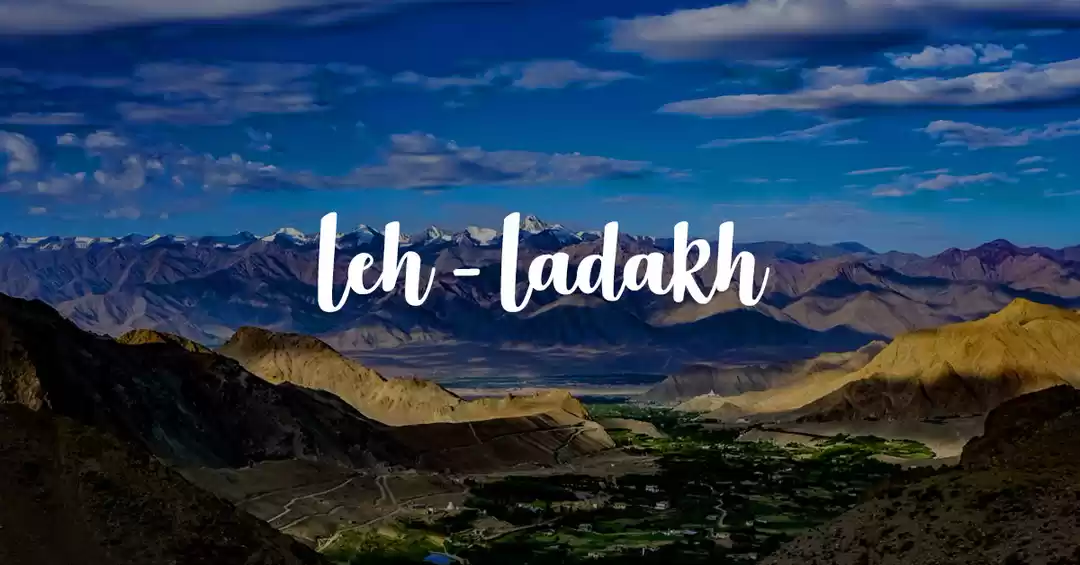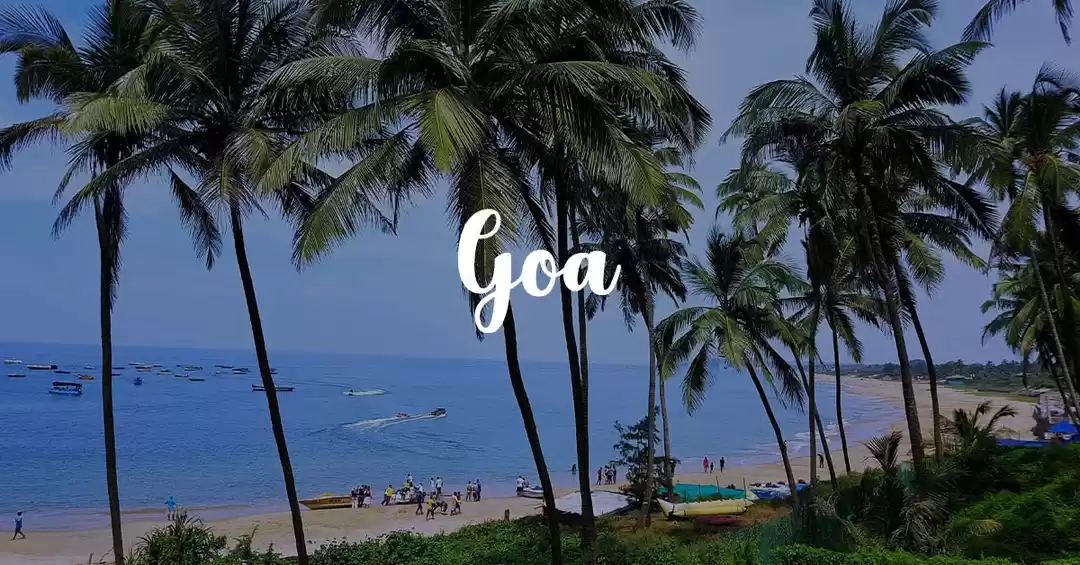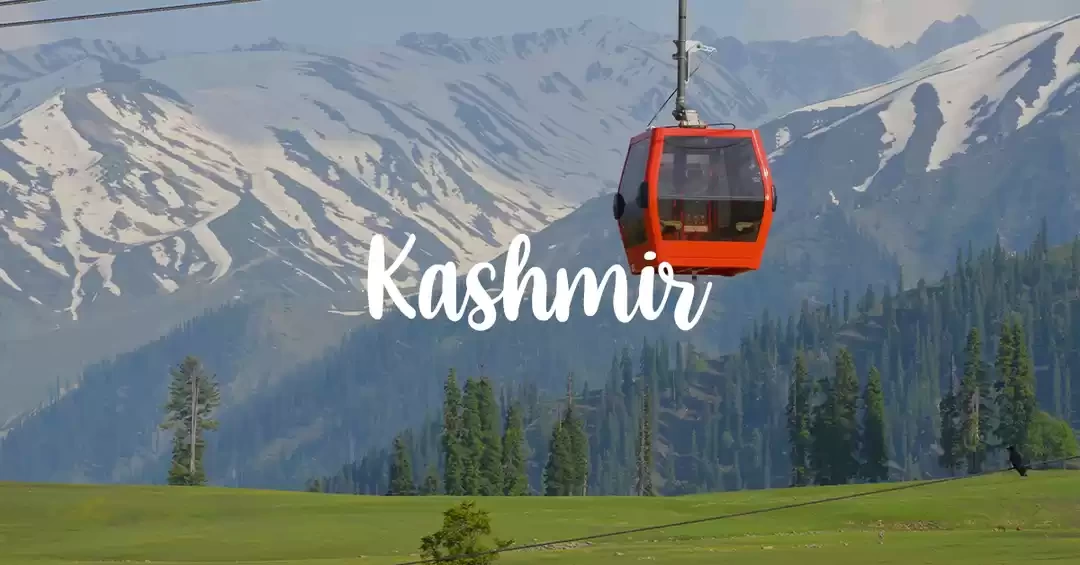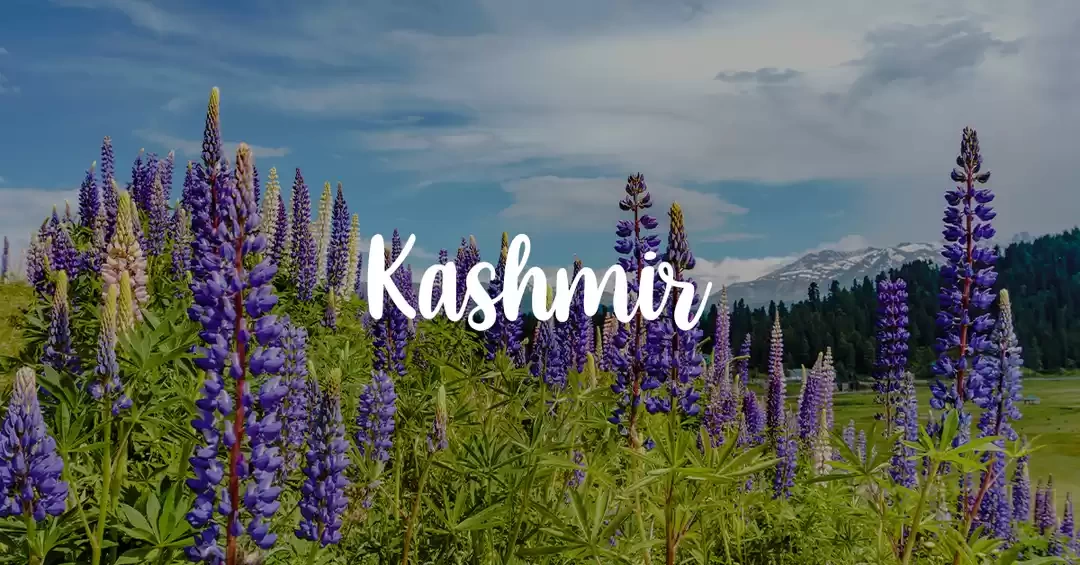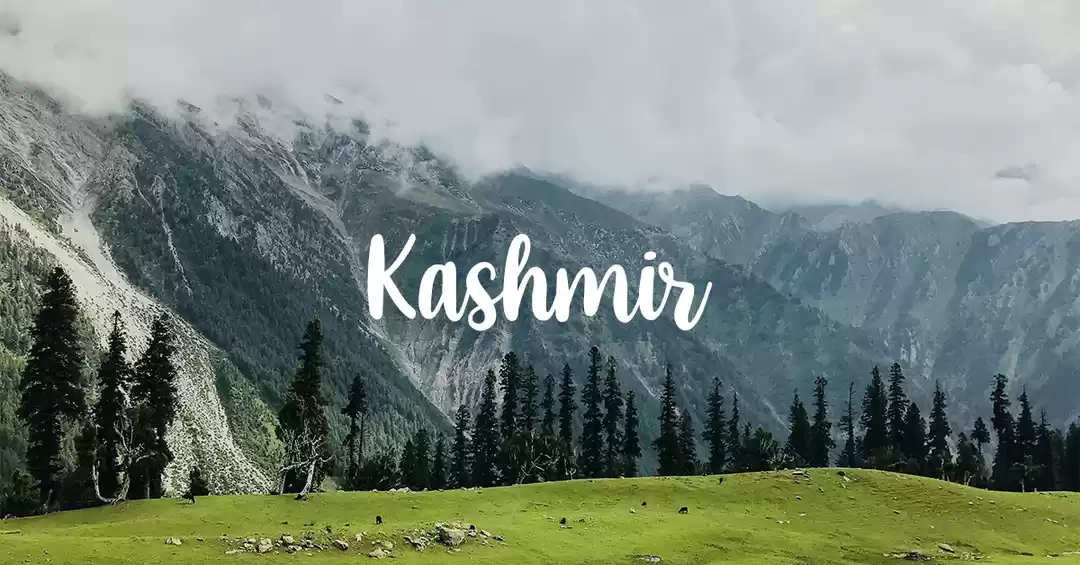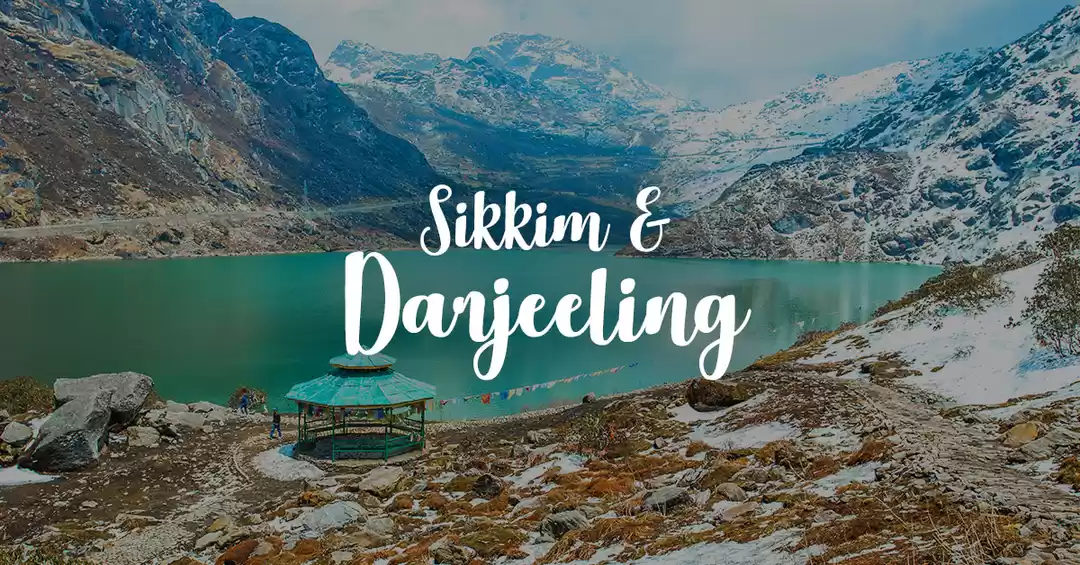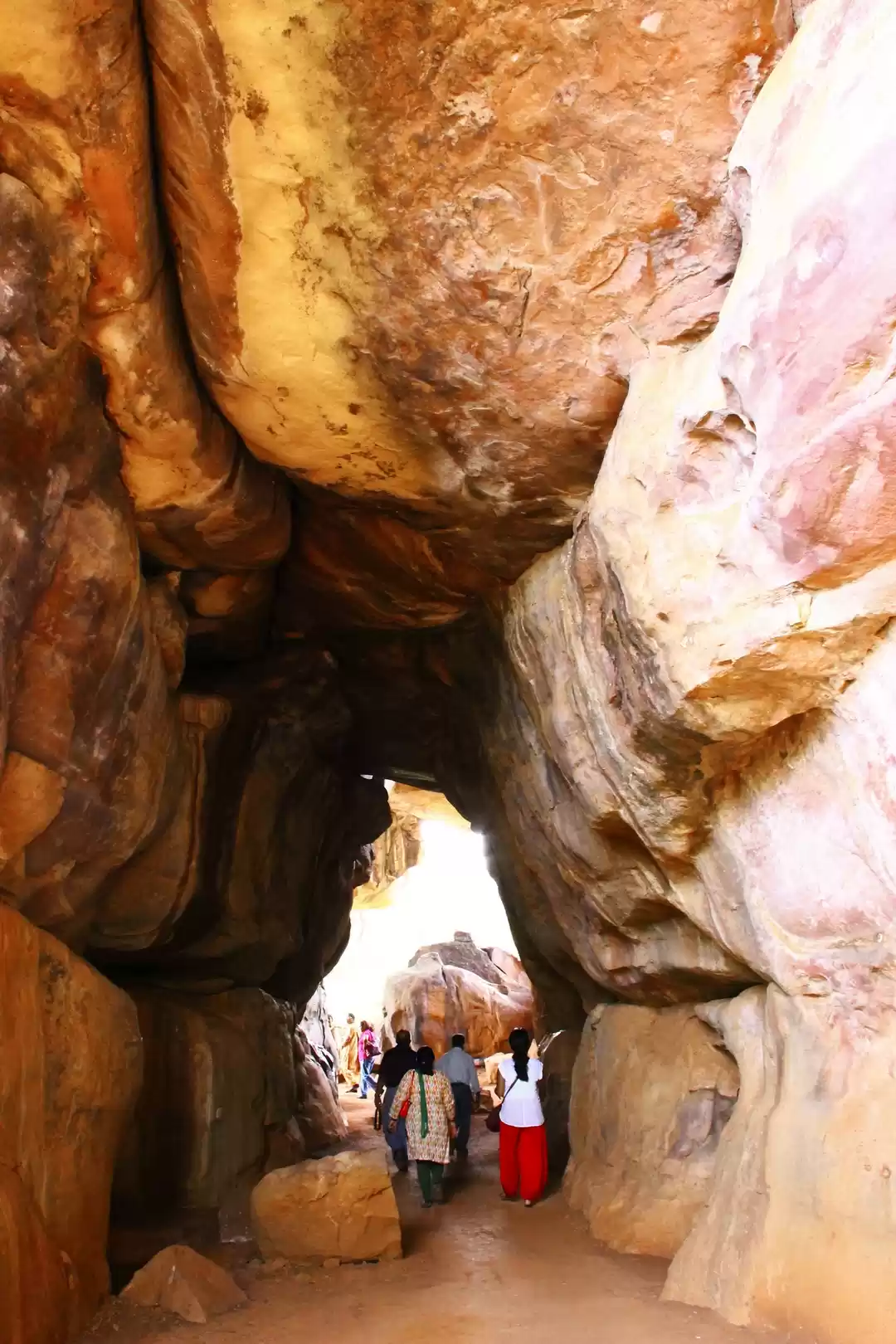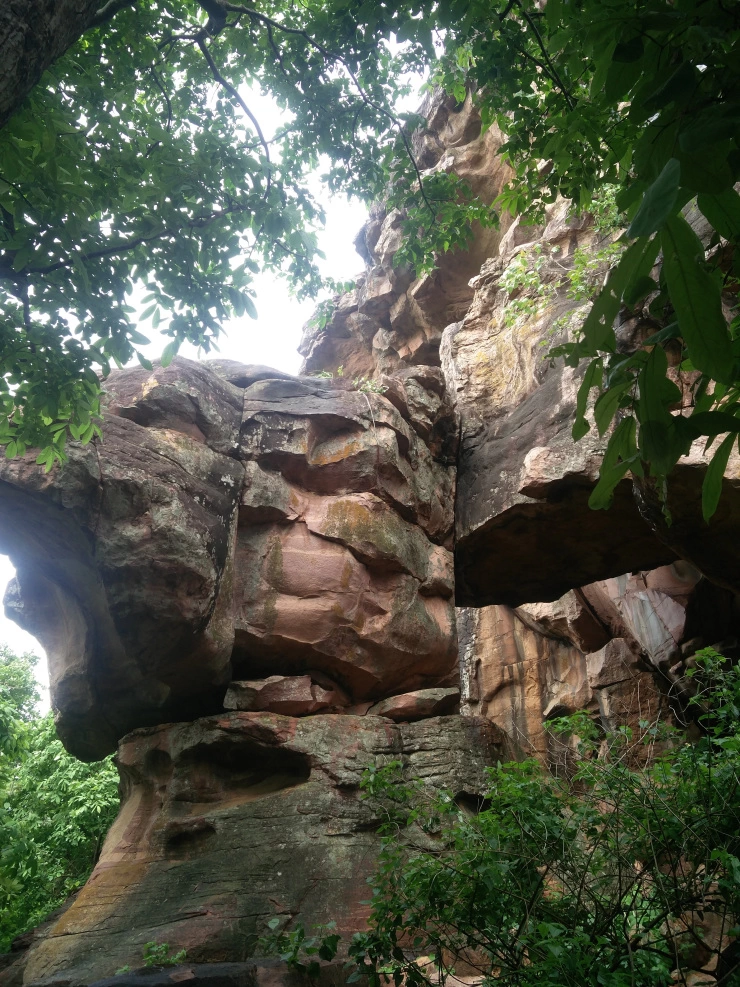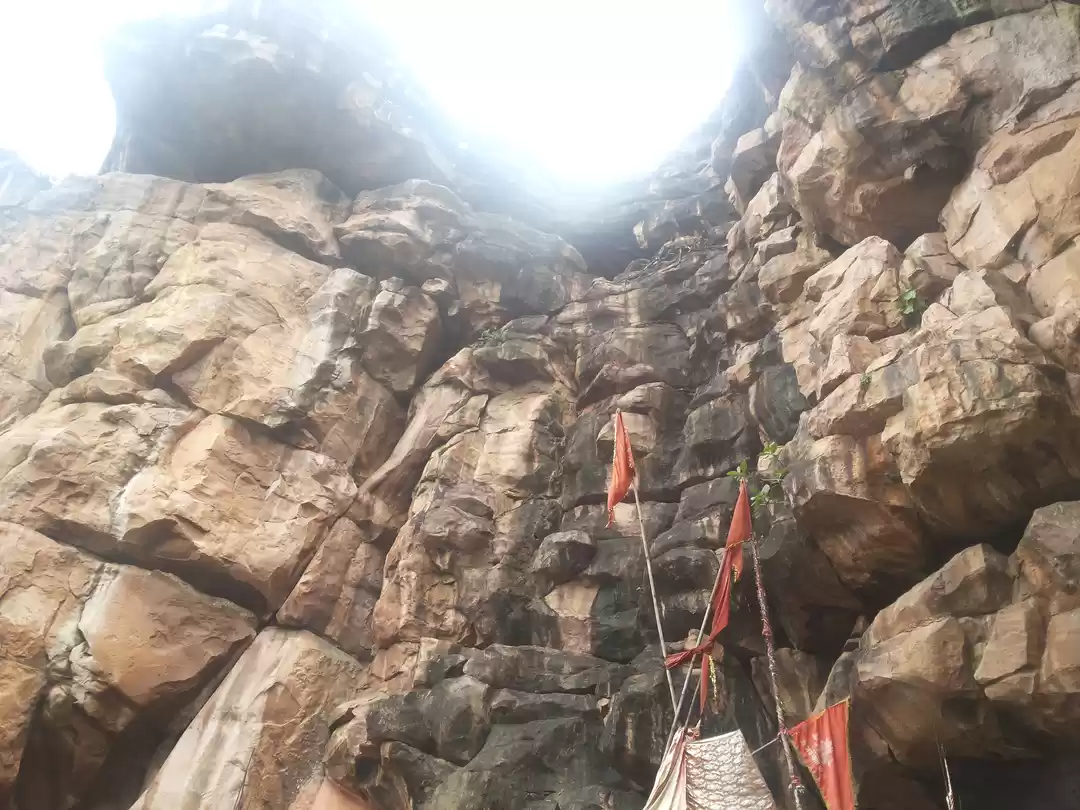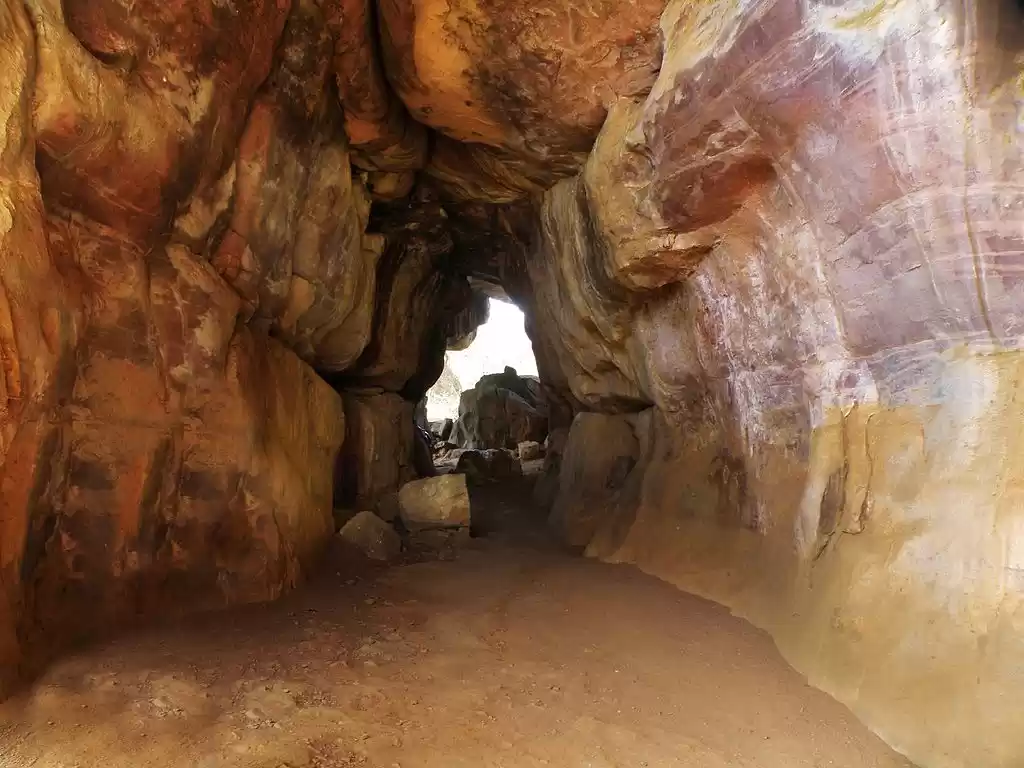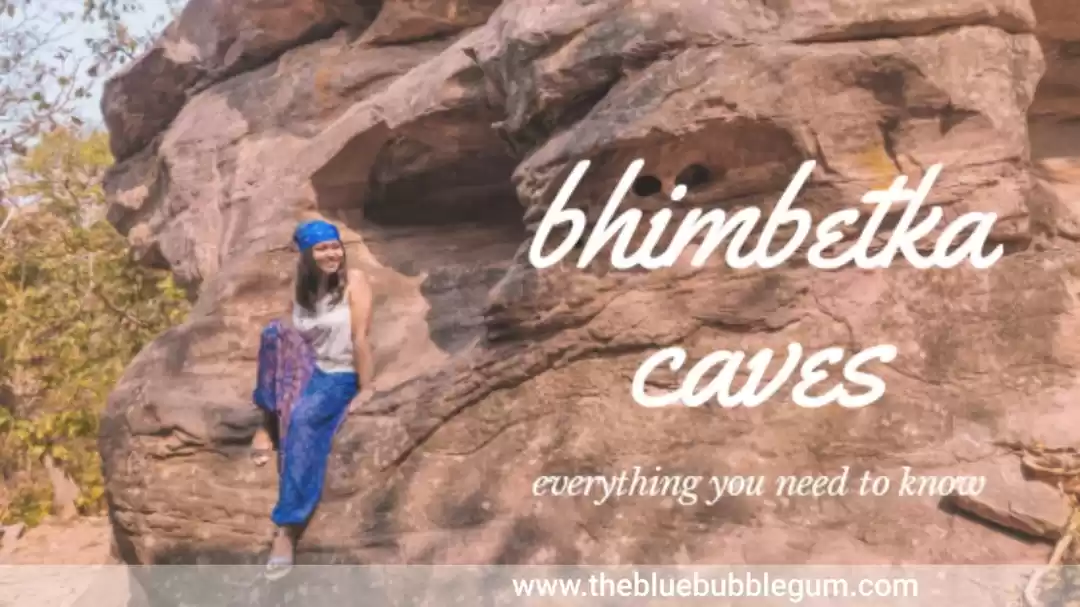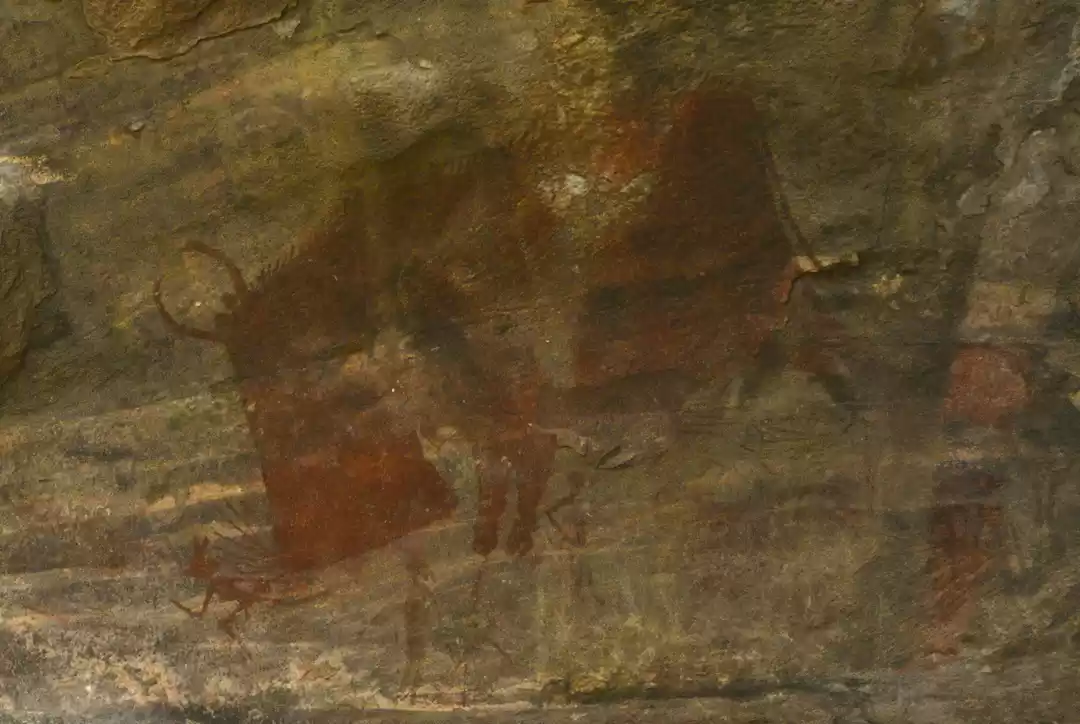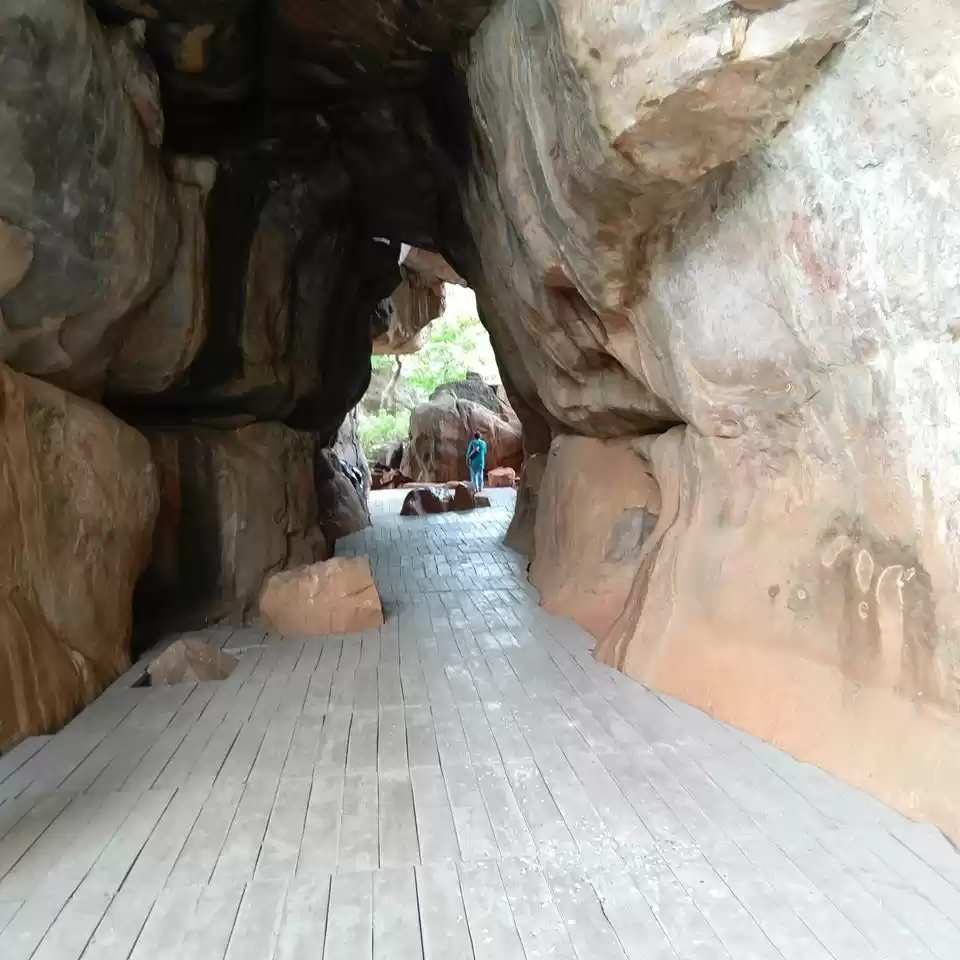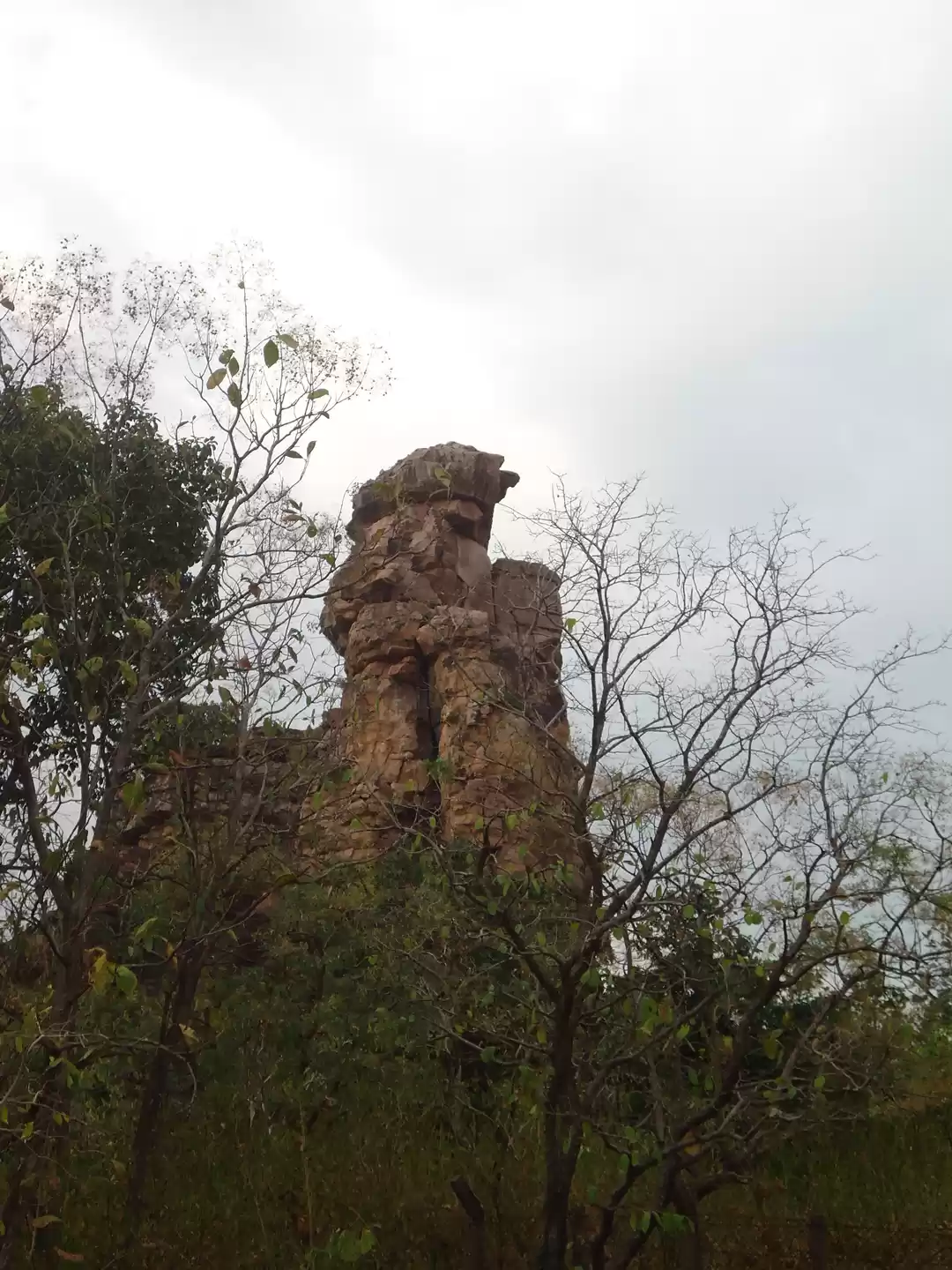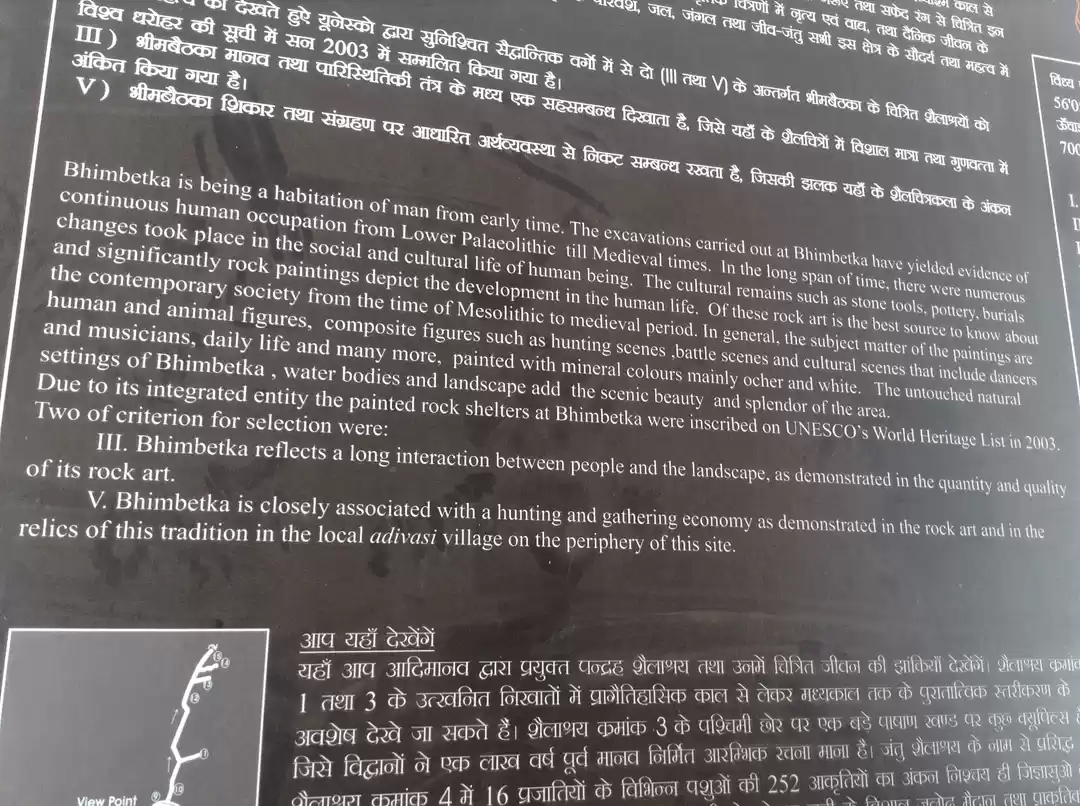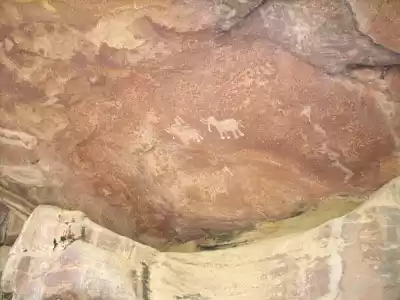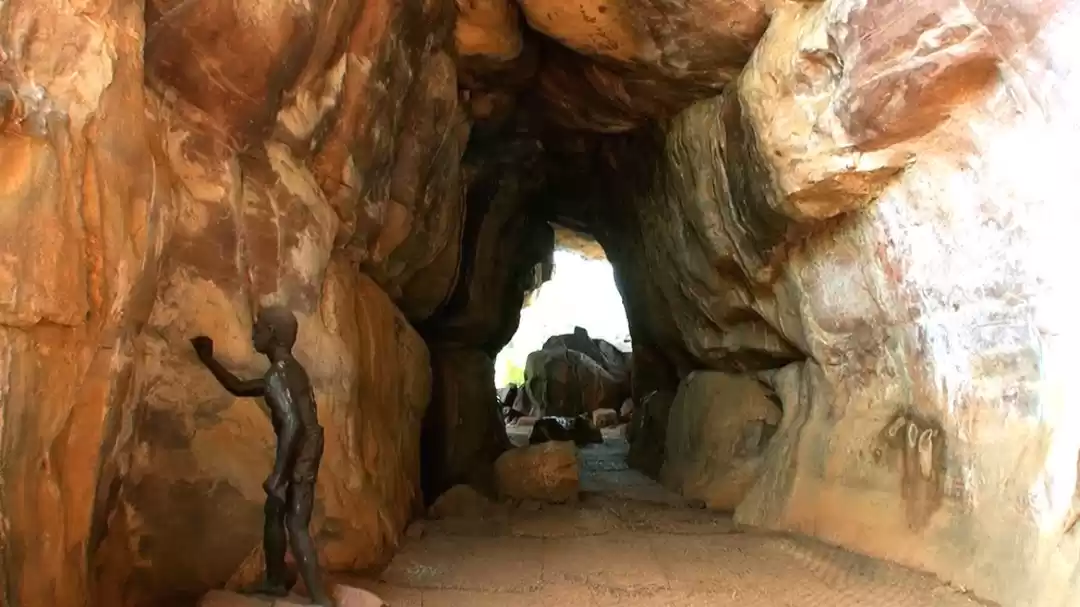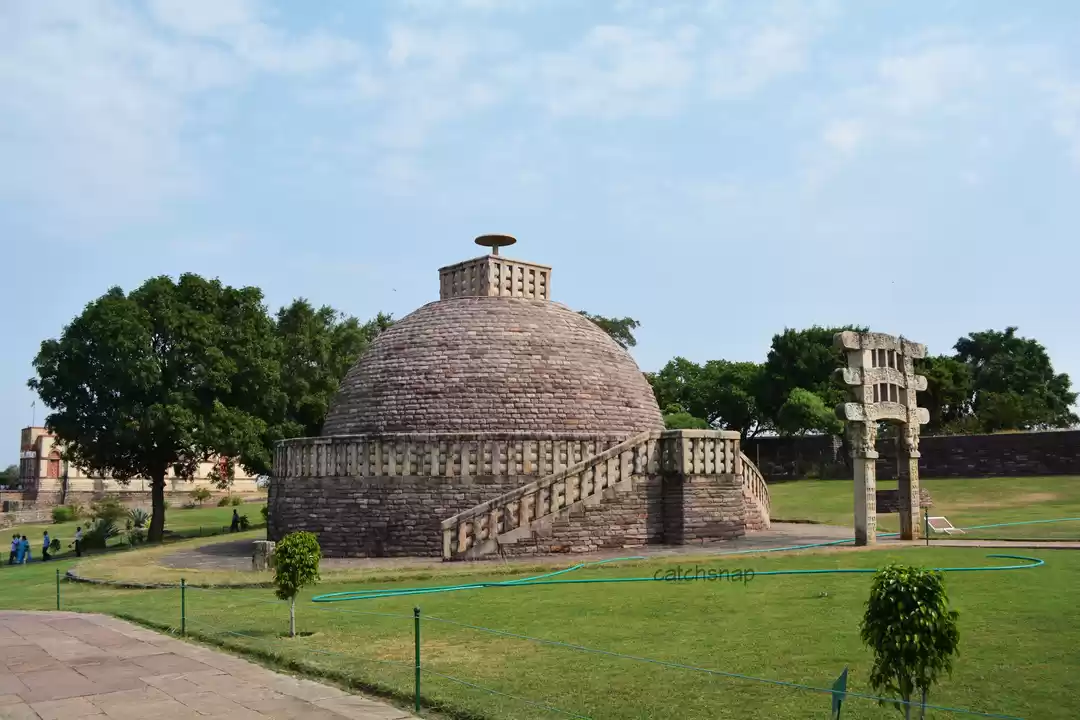I have been a history aficionado since I was young. My mom being a history teacher, we have grown up loving our history books, discussing the Harappan civilization at home and discovering places of historical importance during our travels. Yet, before visiting Bhimbhetka, I never knew that we actually had rock paintings from the Stone Age, right here in the center of India!
The Bhimbhetka caves are located 45 km from Bhopal. They have been declared a World Heritage Site and the Archaeological Survey of India (ASI) have done a really good job maintaining the caves in a good condition. There are guides available at the entrance and there are details of the site available near the main entrance.
Rock Shelters
Although there are around 700 rock shelters in this area, not all are open to the tourists. They are spread across a forest area. As you enter, you can see various interesting rock formations, that illustrate the magic of erosion over several thousand centuries.
The Auditorium rock shelter is one unique formation that the guides generally point out. This shelter was probably used in ancient times as a gathering area or auditorium, and hence the name.
At the end of the Auditorium shelters, there are unique cup marks. These marks are supposed to be dated nearly 10,000 years back!!
As you move through the path with your guide, you will come across several caves. These were used as shelters by the ancient man.
Cave Paintings
The paintings are seen in different colors: white and red being the most popular, followed by some yellow and green. The guide explained that they depict different periods in time. The white ones seem to be the oldest. On observing carefully, you can make out that the white ones look more primitive in their designs. The drawing patterns improve with the reds.
This particular pattern is pretty elaborate, showing the men carrying weapons and riding horses. There is one man (probably the chief) riding an ornately decorated horse. There seems to be some celebration with people playing drums around.
There are places where you can see a mix of paintings in various colors, done on top of each other. One of the most popular must-visit spot is the Zoo rock shelter.
The Zoo Rock Shelter supposedly contain the most number of animal paintings on one rock. The paintings here date back from the Mesolithic to the Medieval ages. You can see spotter deer, antelopes, elephant and other cattle in white.
The red paintings of the Zoo shelter show human forms with bows and arrows, and some other forms of weaponry probably.
There is an interesting patch of paintings which, very distinctly, show a stationary and a flying peacock, as well as a snake.
Another point of interest is the Mythical Boar. You will understand why it is termed as "mythical", when you see its size in comparison with the humans drawn beside it. Since no remains of an animal of such proportions have ever been found, this painting is believed to be a work of fiction. Probably the first creative fiction story ever!
But the one painting that really left a mark on me, was of a human palm. Someone, who existed some thousands of years ago, left an imprint of his hand (left hand to be precise) behind, giving us a story to think of. For that person, it was probably a pastime, just scribbling away with paint. But in that ONE painting (I believe) 'She' literally left her mark behind.
"Bhimbhetka" or "Bhimbethika" : The Mahabharatha connection
The locals talk of the original name of this place being Bhim-Bethika, meaning the seat of Bhima (One of the Pandavas). There are forest areas, not very far away from Bhimbhetka, that are named "Lakhajur". Locals tell stories that this was the place where the Lakshagrah was built for the Pandavas.
In the Mahabharata, the Kauravas try to kill the Pandavas by building a palace for them made entirely of Lac (which is highly flammable) in the woods. When Kauravas think that the Pandavas are deeply in sleep inside the palace, they set it on fire. But the Pandavas are already aware of the Kauravas' plan and escape.
Tips:
- The forest trail that takes you around the caves is narrow, pebbly and rugged. So be sure to wear good walking shoes.
- The trail might not be comfortable for people with knee or leg pains.
- Entry to the rock shelters is closed a little before sundown as there is no artificial lighting available. Plan your travel properly.
- It is best to hire a car, if you are traveling from Bhopal.
- If you can make a one-day trip from Bhopal, you can cover Bhimbhetka and Bhojpur. Bhojpur is famous for its Shiva temple and connection to the Pandavas.






